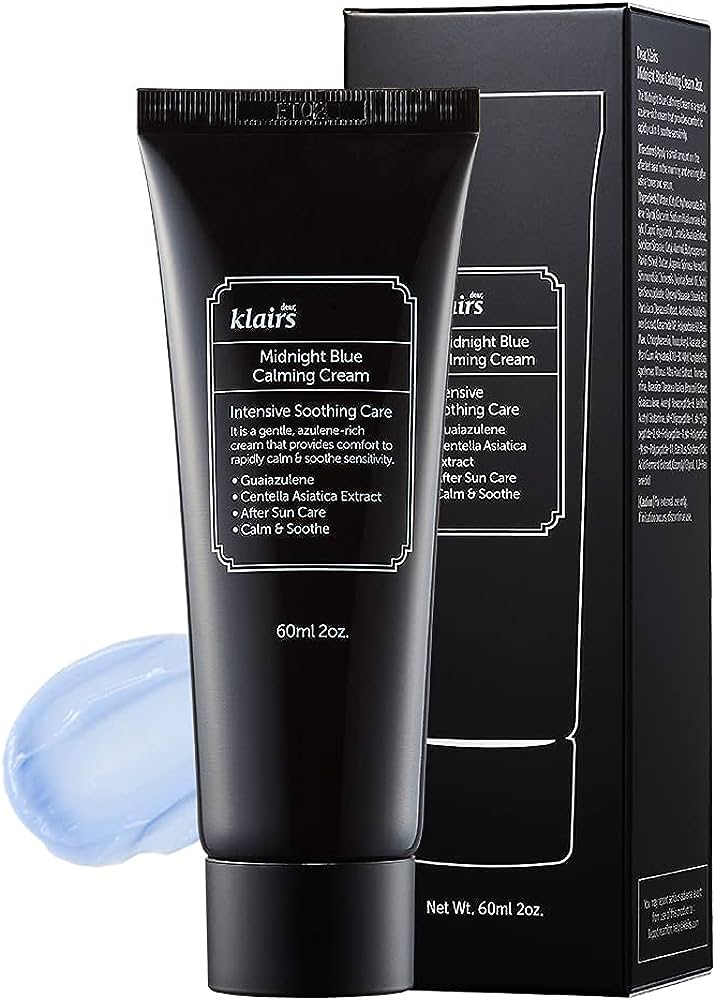Regardless of age, gender, or occupation, self-care is crucial for everyone. It’s a way to nurture your mental, physical, and emotional health. Self-care helps you recharge, refocus on your goals, passions, and priorities, reduce stress levels, improve self-esteem, and enhance overall well-being.
Incorporating self-care into your daily life can be simple yet effective. Some examples include taking breaks throughout the day to stretch or meditate, setting boundaries with technology by unplugging for an hour before bed, indulging in hobbies that bring joy, connecting with loved ones regularly, getting enough sleep each night, and maintaining a healthy diet and regular exercise routine.
Ultimately, self-care is not selfish but rather essential for living a fulfilling life. By incorporating self-care practices into your daily routine, you can improve your mental health and well-being, while also increasing productivity in all areas of life.
Definition of self-care: What it means
Self-care refers to the practice of taking care of your emotional, physical, and mental health. It involves engaging in activities that promote overall well-being and reduce stress levels. Self-care encompasses various practices such as exercise, meditation, maintaining sleep hygiene, nurturing healthy eating habits, and spending time with loved ones.
The concept of self-care is based on the understanding that you cannot give what you don’t have. In other words, you need to take care of yourself first before attending to others’ needs. Prioritizing self-care practices in your daily routine can improve your mood, boost productivity, and enhance your relationships.
Benefits of self-care: The positives
Self-care has become a popular topic for good reason. It can have a positive impact on mental, emotional, and physical well-being. The benefits of self-care are numerous, including improved mood, reduced stress levels, increased energy, and better sleep quality. When we take care of ourselves, we feel more balanced and in control of our lives.
Long-term advantages of practicing self-care include building resilience and developing healthier coping mechanisms to deal with life’s challenges. Self-care can also help prevent burnout and reduce the risk of physical or mental health issues that can arise from neglecting our own well-being.
How to incorporate self-care into daily life: Tips and tricks
Incorporating self-care practices into daily life can improve overall health, reduce stress levels, and increase productivity. Set aside a specific time of day for self-care activities. This could be early in the morning before work, or in the evening after work. Engage in activities that bring joy and relaxation such as reading a book or taking a relaxing bath during this time.
Small acts of self-care throughout the day, such as taking breaks from work to stretch or walking outside during lunchtime, can also be beneficial. Practice mindfulness techniques such as deep breathing or meditation to reduce stress levels and increase focus.
Examples of self-care activities: Ideas for everyone
There are numerous self-care activities that one can engage in, depending on their preferences and interests. These activities range from simple practices like drinking enough water daily to more complex ones like meditation.
Exercise is a fantastic self-care activity that can improve cardiovascular health, reduce stress and anxiety levels, boost mood, and enhance overall physical fitness. Spending time outdoors in nature by going for walks or hikes helps clear the mind while also benefiting from fresh air and sunshine.
Journaling is an excellent emotional self-care activity as it allows for regular reflection on thoughts and emotions. Other self-care activities include reading books or listening to podcasts, taking a hot bath or shower after a long day at work
Frequently Asked Questions (FAQs):
- What is self-care and why is it important?
Self-care is the practice of taking care of your emotional, physical, and mental health. It is important because it can help reduce stress, improve mood, increase productivity, and promote overall well-being. It’s about understanding and addressing your own needs in order to be more resilient and better able to help others. - How can I incorporate self-care into my daily routine?
There are many ways to incorporate self-care into your daily routine. This could involve setting aside specific times for relaxation or activities that you enjoy, taking short breaks throughout the day to stretch or meditate, or even just ensuring you get a good night’s sleep and eat healthily. It’s about creating habits that nurture your well-being. - What are some examples of self-care activities?
Examples of self-care activities include exercise, spending time in nature, journaling, reading, meditating, maintaining a healthy diet, getting adequate sleep, connecting with loved ones, and pursuing hobbies that bring you joy. - Is self-care selfish?
No, self-care is not selfish. It is an essential practice for maintaining a balanced and healthy lifestyle. It allows you to recharge and refocus, making you more effective in your relationships and roles. Think of it as the guideline given in airplanes: secure your own oxygen mask before helping others. - How can I practice self-care when I’m busy?
Even during busy periods, it’s important to make time for self-care. This could be as simple as taking a few minutes each day to meditate or do some deep breathing exercises, getting up to stretch during the workday, or ensuring you maintain a balanced diet and get enough sleep. Small acts of self-care can make a big difference. - What are the long-term benefits of practicing self-care?
Long-term benefits of practicing self-care include building resilience, developing healthier coping mechanisms, preventing burnout, and reducing the risk of physical or mental health issues. Regular self-care can lead to an overall better quality of life.



